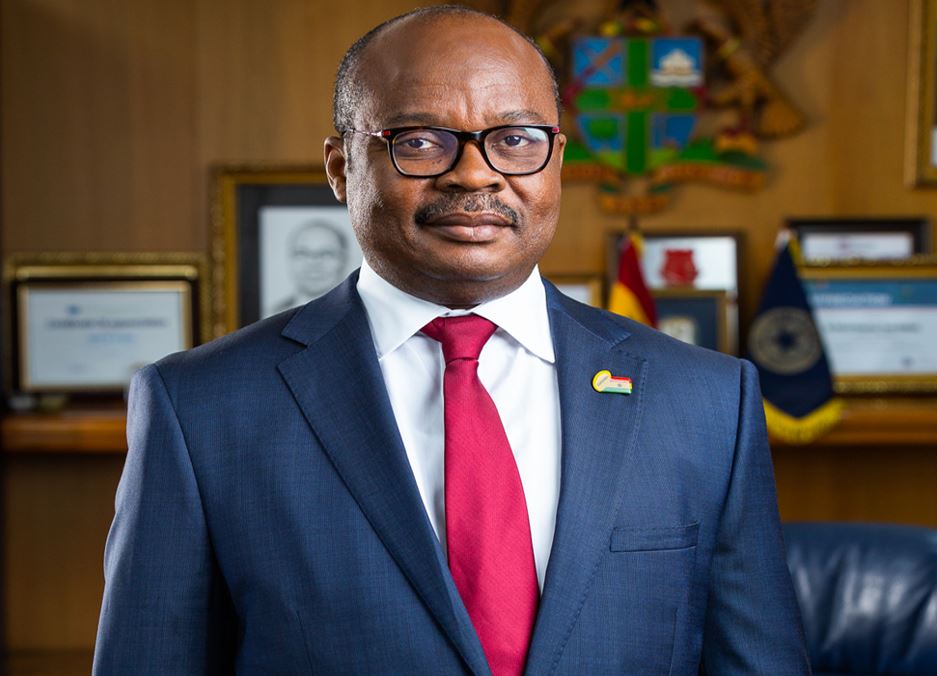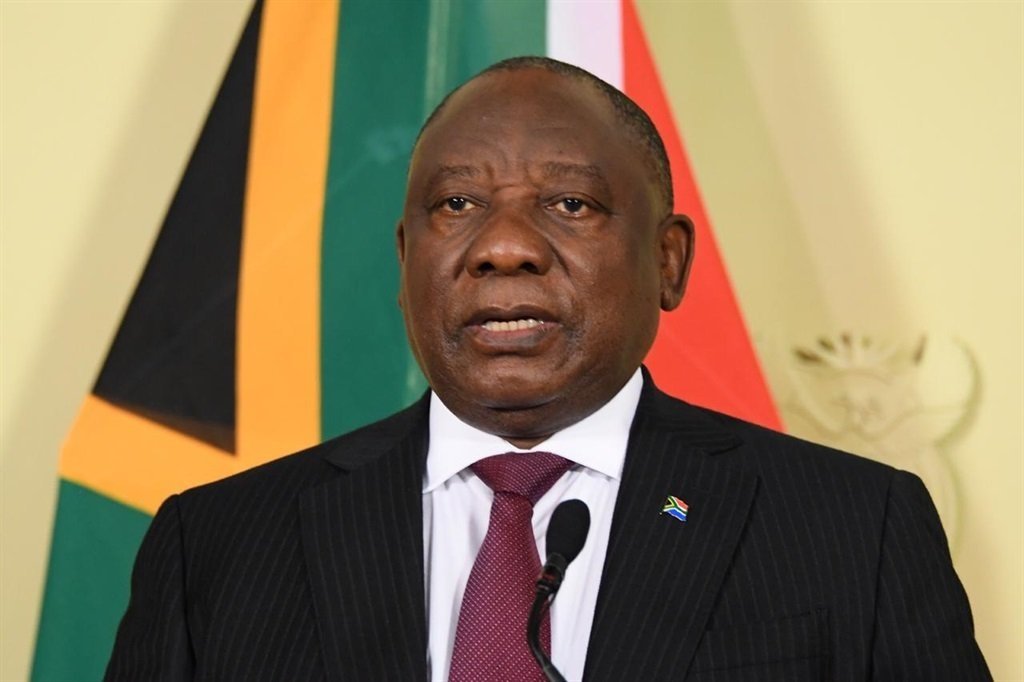By Walcott Aganu
There is no doubt that Covid-19 has eroded years of economic progress made by most countries, especially Africa. Unemployment is on the increase, debt profiles soaring, and more people are been pushed back into poverty. Two years into covid-19, Africa has continued to search for strategies and policies to see the continent through the challenges of the pandemic and reposition it better and stronger economically.
It is important for Africa to reshape its policy focus and partnership, and for the continent to push through this, Africans and their international partners must be aware of the regional trends altering the continent. There will probably be tensions and trade-offs concerning what is required, desired, and possible in the post-Covid-19 world. Formulating new strategies and relationships will require forethought and perseverance; African leadership and governments will need to address and resolve enduring risks and systemic hurdles to peace, prosperity, and equitable partnerships.
African countries will have to focus on some of the policy imperatives listed below in the post-Covid-19 future if the continent is to emerge from the pandemic and build back better.
The first two are directly tied to the pandemic and its aftermath; some have plagued the region for years. These recent and long-standing trends are altering Africa social and economic fabrics, prompting a rethinking around the continent.
- Recover from the effects of Covid-19:As of August 2021, the number of confirmed Covid-19 cases in Africa amounted to 7.1 million which represented around 3.48 percent of the infections around the world. In the African continent, South Africa is the most drastically affected country, with more than 2.53 million infections. Many African governments have been quick to implement restrictions, such as closing schools and religious institutions and placing towns under lockdown; there have been lower cases of infections in the region than in other parts of the world. South Africa is fighting a new, more lethal strain of the virus, accounting for about half of the region’s cases. In addition, deaths from various diseases have increased, and vaccination in the region is expected to remain low until 2022 or 2023.
- Revive local economies: For the first time in 25 years, Sub-Saharan Africa is experiencing a recession. The impact of lockdowns and other restrictions on trade and tourism, as well as the suspension of investments, has put the region’s businesses into a spiral. According to the World Bank, Covid-19 has the potential to push up to 40 million people into extreme poverty, wiping out at least five years of gains in poverty reduction. Most countries have huge budget deficits and are burdened by debt obligations, for which relief has either been insufficient or has been granted on a case-by-case basis.
- Make global prejudice a thing of the past: The treatment of their fellow citizens and diaspora in China and the United States has infuriated the region’s governments and residents. Senior Nigerian officials have publicly criticized Chinese diplomats for racist violence in Guangzhou, while African Union (AU) chair Moussa Faki Mahamat has made a statement condemning the United States of America’s “continued discriminatory behaviours against Black nationals.” The Trump administration’s attacks on World Health Organization (WHO) Director-General Dr. Tedros Adhanom Ghebreyesus, its attempt to block African Development Bank (AfDB) President Akinwumi Adesina’s reelection, and its opposition to Dr. Ngozi Okonjo Iweala’s candidacy for World Trade Organization (WTO) exacerbated African outrage (WTO).
- Reaffirm democracy: African governments, opposition parties, and civil society are fighting for the region’s democracy and governance. Although about 70% of Africans say democracy is their preferred form of government, numerous countries have experienced severe setbacks and rights violations. In 2019, 22 African countries, according to Freedom House, saw their scores fall. During the pandemic, Guinea and Cote d’Ivoire presidents secured third terms, Uganda and Tanzanian governments jailed opposition candidates on multiple occasions, and Ethiopia’s prime minister enforced a communication blackout on protestors and the media on two occasions.
- Reframe the global power struggle: African leaders are publicly chastising international allies, particularly the US and China, for entangling the continent in their geopolitical squabbles. Kenyan President Uhuru Kenyatta accused foreign powers of “weaponizing differences, pursuing proxy acts, and acting as though Africa is for the taking” in February 2020. Other leaders, such as South African President Cyril Ramaphosa, have made similar warnings about the consequences of increased foreign competition in the region, as well as their resistance to it. While African countries see the benefits of playing one side off the other, they are wary of the zero-sum nature of the game and the risks it poses to their reputation, economic independence, governance, and internal cohesiveness.
- Resolve critical security issues: Conflict zones in the Sahel, Lake Chad Basin, Horn of Africa, eastern Congo, and northern Mozambique are causing governments in Sub-Saharan Africa to struggle to hush the guns. Insurgents linked to al-Qaeda or the Islamic State have outmatched, outplayed, and overpowered many of the region’s forces. The war has resulted in an influx of refugees and internally displaced persons (IDPs); in the last two years, internal displacement in the Sahel has quadrupled, from 500,000 to 2 million people. A civil war in Ethiopia has displaced more than 2.2 million people and engulfed neighbouring Eritrea, Somalia, and Sudan in the fight between the federal government and the former ruling party, the Tigray People’s Liberation Front (TPLF).
- Respond to the effects of climate change: Africa is battling the devastating effects of climate change on its societies. Despite their minor contributions to global greenhouse gas emissions, the region’s countries are the most vulnerable to and unprepared for the catastrophic weather patterns that a warming climate will bring. Sub-Saharan African leaders from 48 countries used the term “climate change” 212 times during their addresses at the 2019 United Nations General Assembly (UNGA), indicating that they are eager to work through climate change challenges on a global scale. African states will receive $100 billion from wealthy countries under the Paris Climate Agreement to address climate adaptation and mitigation requirements. On the other hand, governments have struggled to satisfy their financial obligations and are moving too slowly to greener energy and economies.


